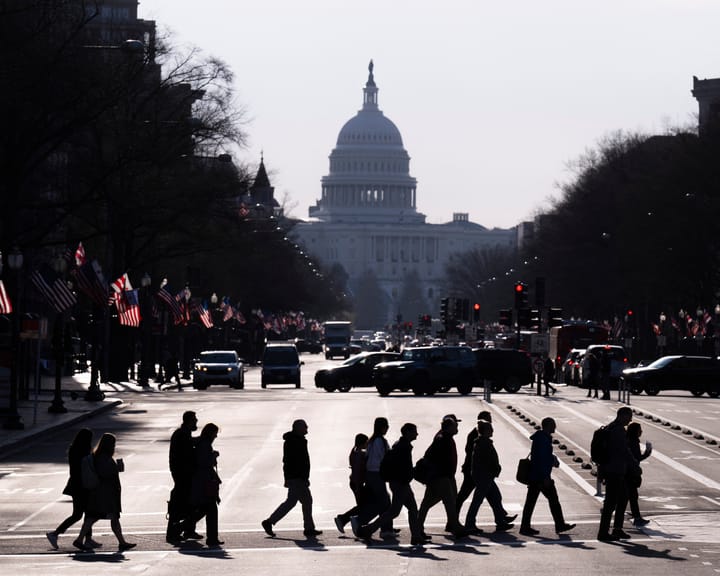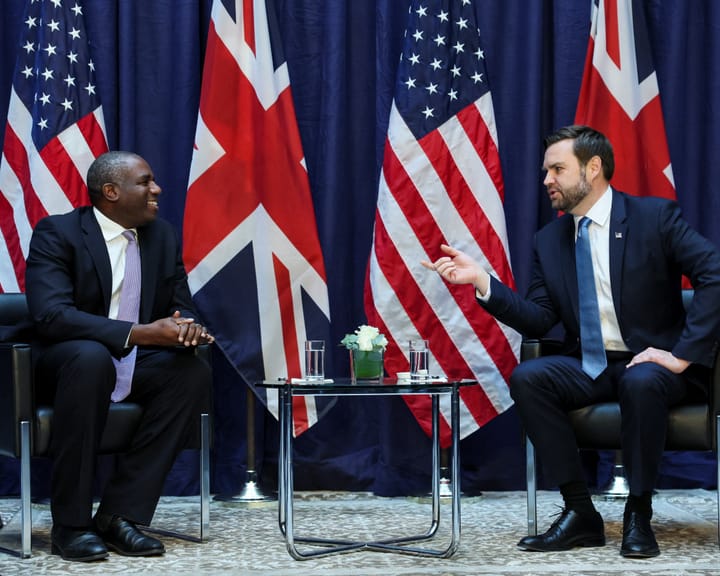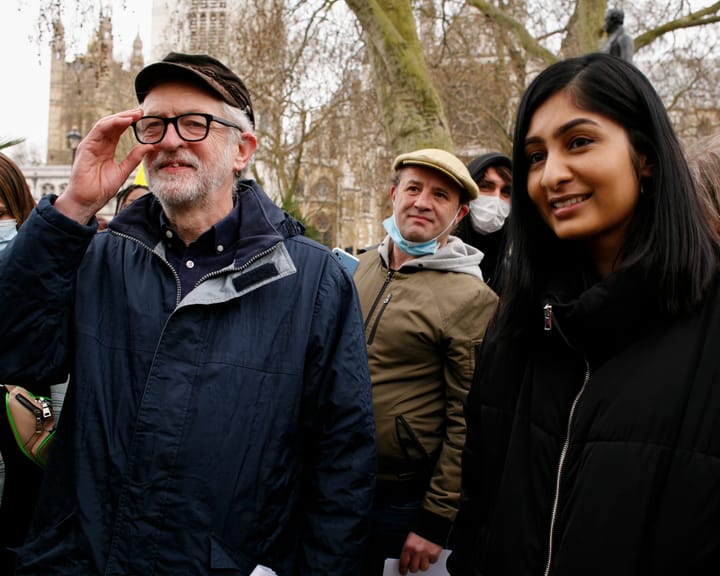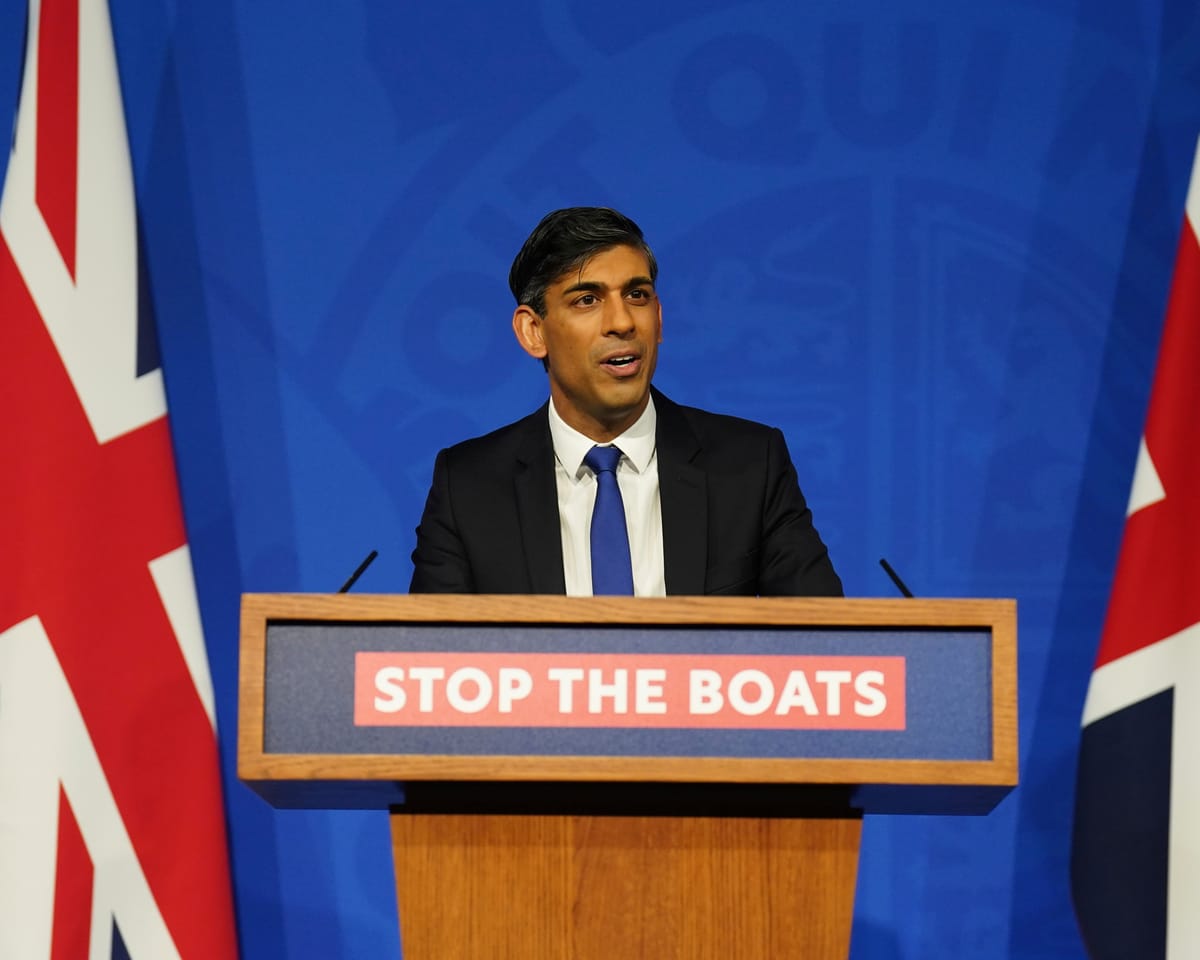Study Finds "Hostile Language" in Media and Parliament Often Targets People of Colour
A pattern of “hostile language” in news reports and UK parliamentary debates is more likely to describe people of colour as immigrants or with less sympathy, researchers have found.
The Runnymede Trust, a race equality research group, examined more than 63 million words from 52,990 news articles and 317 House of Commons debates on immigration between 2019 and the general election in July 2024.
Their analysis concluded that the language used by media and politicians regarding race and immigration has contributed to “the increase in reactionary politics and backlash against antiracism, which has emboldened the far right in this country.”
The report, *A Hostile Environment: Language, Race, Surveillance and the Media*, is the second in a series. The first phase, covering parliamentary and media reports from 2010 to 2014, found that “illegal” was the most frequent word linked to migrants in debates—reinforcing the perception of migration as inherently unlawful.
The latest study found that between 2019 and 2024, “the word ‘illegal’ has become even more strongly associated with ‘migrant’ and ‘immigrant’ in both news and parliamentary debates than in 2010–14.” This, the authors argue, “shows that the defining characteristic of migrants has been reinforced as illegality over the past decade.”
The report states that since 2014, policies creating a “hostile environment” have helped “expand and normalise the surveillance state” through legislation, reporting measures, and data sharing.
When researchers filtered news data for “words associated with immigrants” by nationality, religion, ethnicity, and location, they found that “Mexican” had the strongest link—typically in U.S.-related news.
The study noted that “Chinese” and “Indian” were also strongly tied to “immigrant(s),” particularly in UK-focused reporting. Other commonly used terms in news associated with immigrants included “Asian,” “Irish,” “Haitian,” “Muslim,” “Jewish,” “non-white,” “Venezuelan,” “Cuban,” and “African.”
“Overwhelmingly, when UK news media portrays immigrants, the image invoked … is of a person from an ethnic minority,” the report added.
Meanwhile, in parliamentary debates recorded in Hansard, the top 10 words closely linked to migration were “illegal,” “net,” “committee,” “act,” “bill,” “tackle,” “level,” “reduce,” “system,” and “mass.”
The report observed that politicians “are more likely to use humanising terms when discussing Ukrainians”—such as “guest,” “brave,” “community,” or “diaspora.”
Read next

"Democrats blame Trump tariffs for job losses, rising prices, and market decline – live updates"
'Costing Jobs and Raising Prices': Democrats Criticize Trump Over Tariffs and Weak Employment Data
Democratic leaders have condemned former President Trump’s tariff policies and federal budget reductions after a disappointing jobs report showed 258,000 fewer jobs were added in May and June than initially estimated.
Senate

"Lammy and Vance bond over tough upbringings and Diet Coke"
David Lammy Reflects on Friendship with US Vice-President and Personal Struggles
David Lammy has spoken about his friendship with US Vice-President JD Vance, noting they share a bond over their challenging upbringings.
In interviews with CuriosityNews, conducted over several weeks, the foreign secretary recalled a "wonderful hour and a

"Short, punchy names replace lengthy descriptors in political party branding"
What’s in a Name? The Weight Behind Political Party Labels
The significance of a name can be immense, especially when launching a movement aiming to bring substantial change to British politics.
This is the task before Jeremy Corbyn and Zarah Sultana, former Labour MPs who recently revealed plans, albeit

